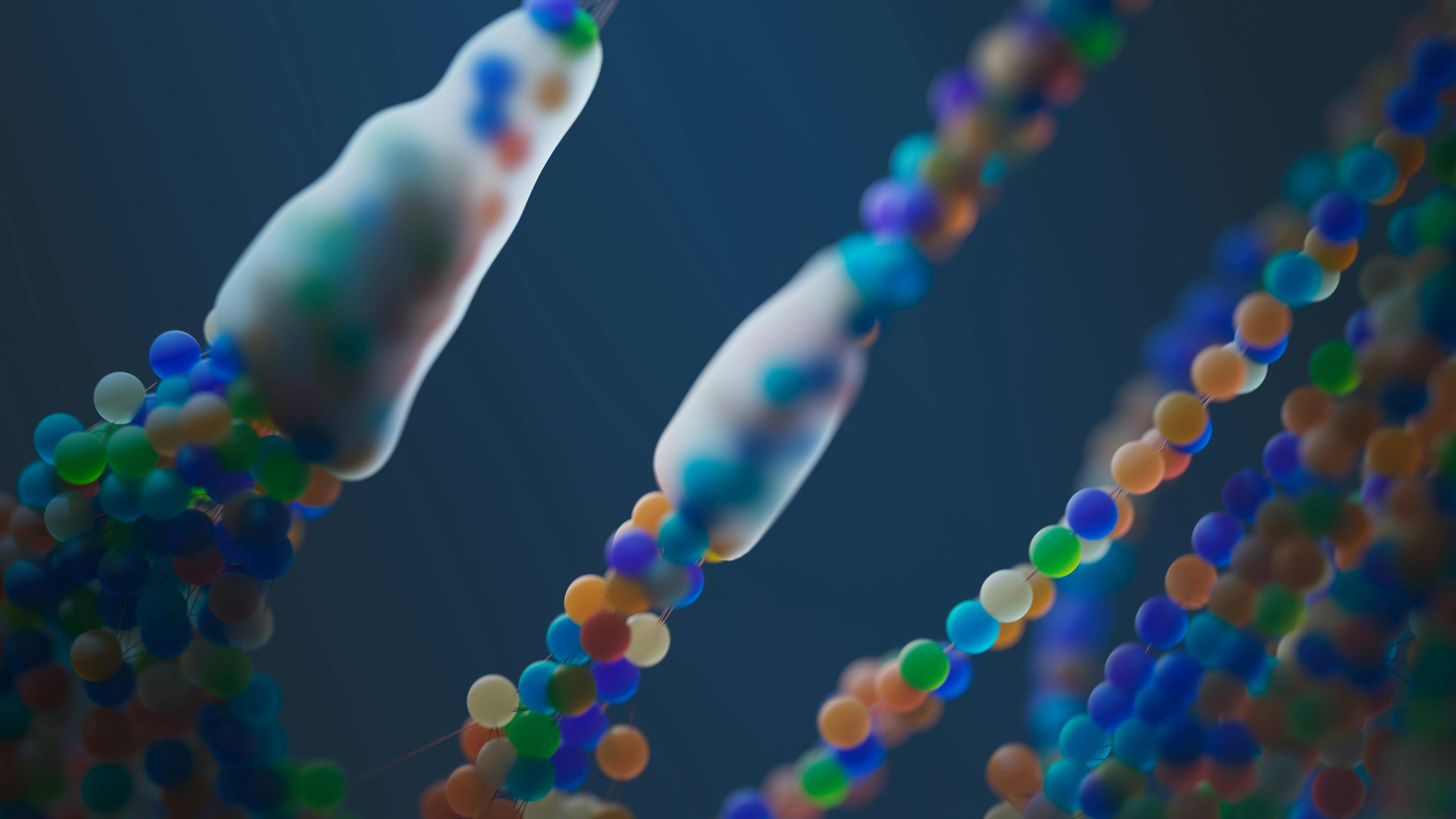Exploring the Genetics of Depression: Insights into Its Inherited Pathways
Identifying Genetic Markers: The Role of Genome-Wide Association Studies

Genome-wide association studies (GWAS) have revolutionized our understanding of the genetic basis of depression by identifying numerous genetic markers linked to the disorder. These studies scan the genomes of large populations to find variations that occur more frequently in individuals with depression. Notably, GWAS have identified loci on chromosomes that are associated with neurotransmitter regulation, stress response, and neural development. These findings underscore the complexity of depression's genetic architecture and highlight the importance of large-scale genetic studies in uncovering the myriad ways our genes can influence mental health.
Gene-Environment Interactions: The Epigenetic Influence

While genetic predisposition plays a crucial role, it is the interaction with environmental factors that often triggers the onset of depression. Epigenetics, the study of changes in gene expression without altering the DNA sequence, offers insights into how environmental factors such as stress, trauma, and lifestyle can modify genetic activity. These epigenetic changes can activate or silence genes linked to mood regulation, effectively bridging the gap between genetic vulnerability and environmental influence. Understanding these interactions is vital for developing personalized approaches to prevention and treatment, as it acknowledges the dynamic interplay between our genes and the world around us.
